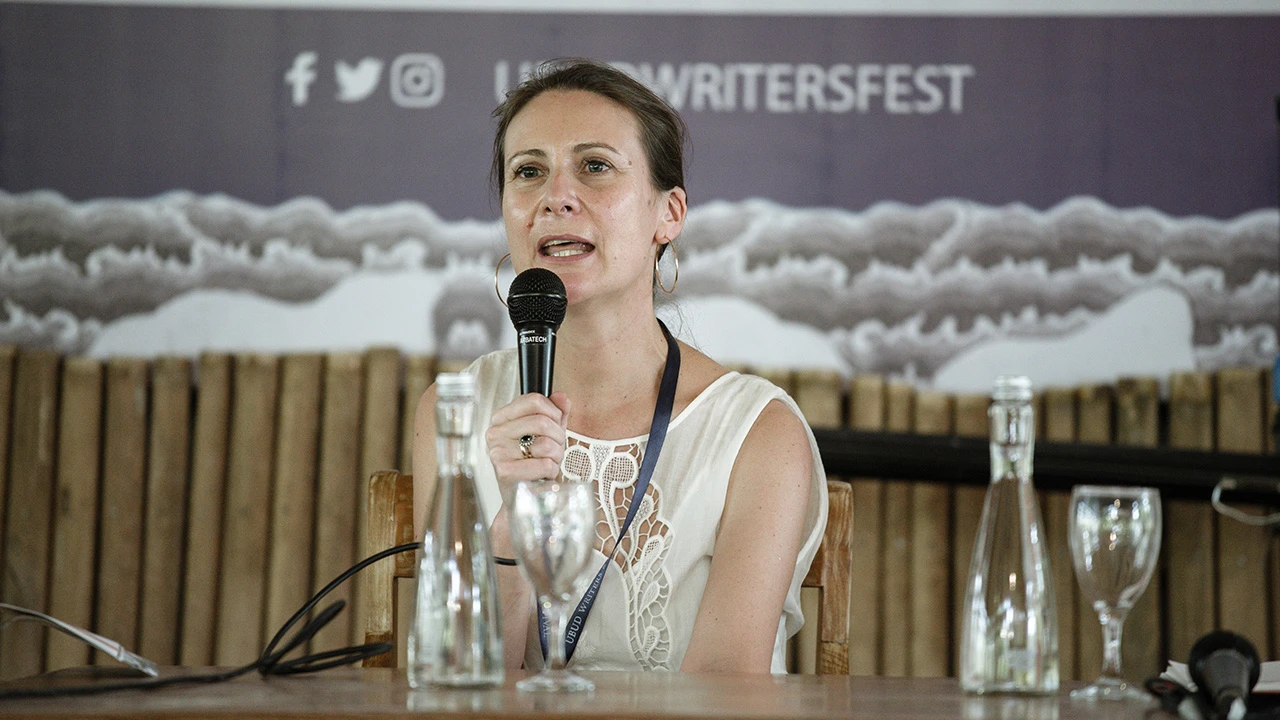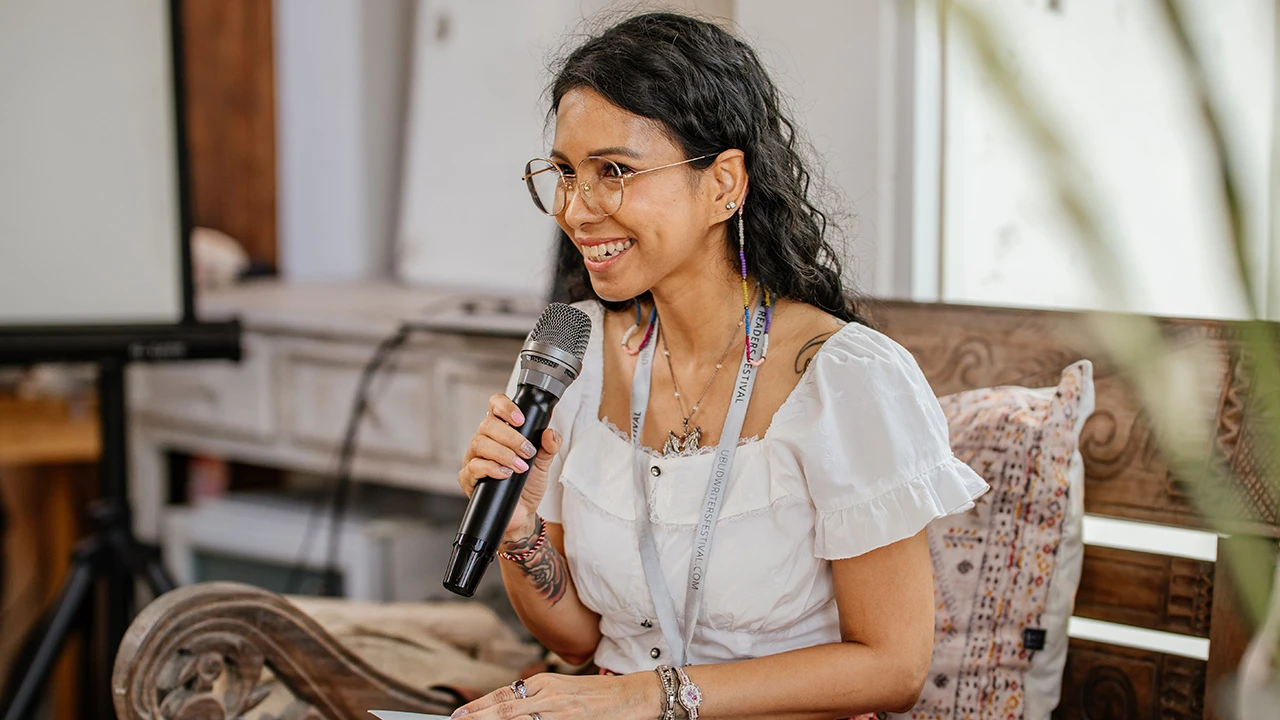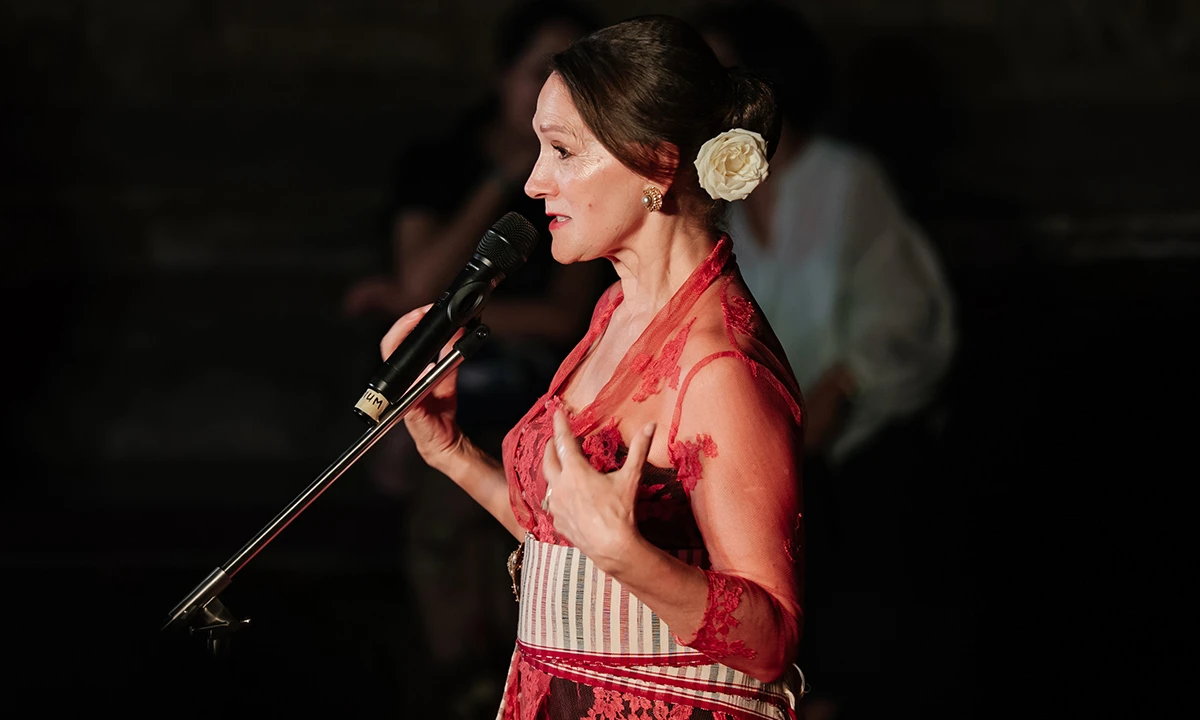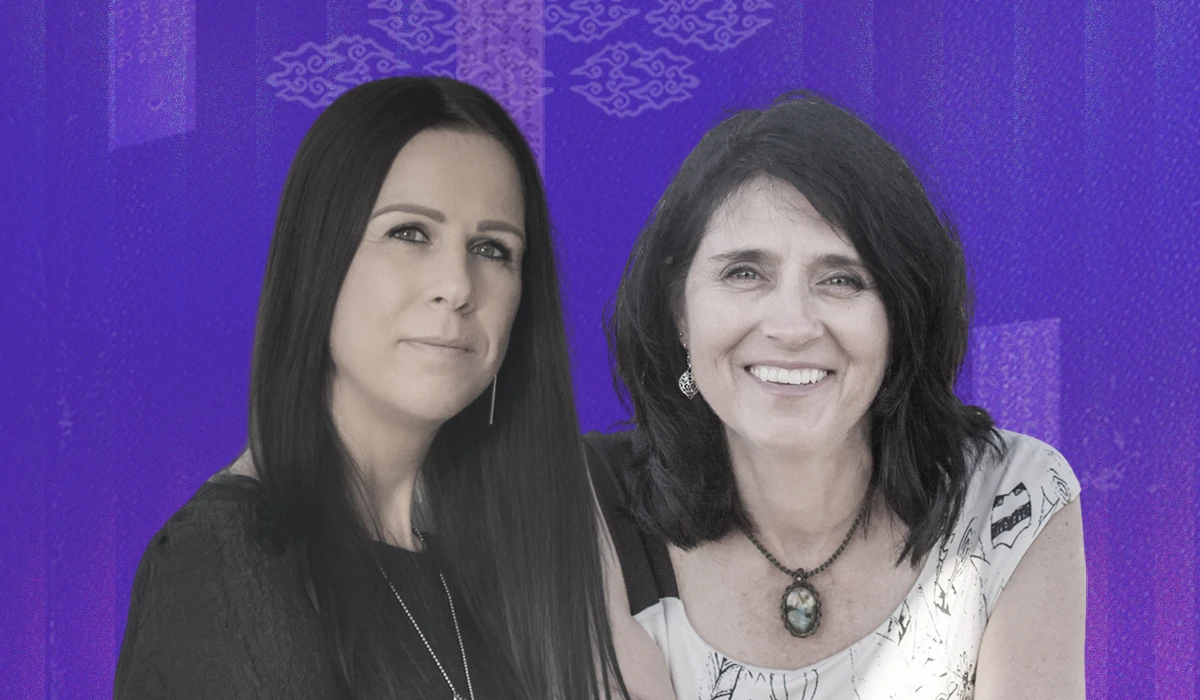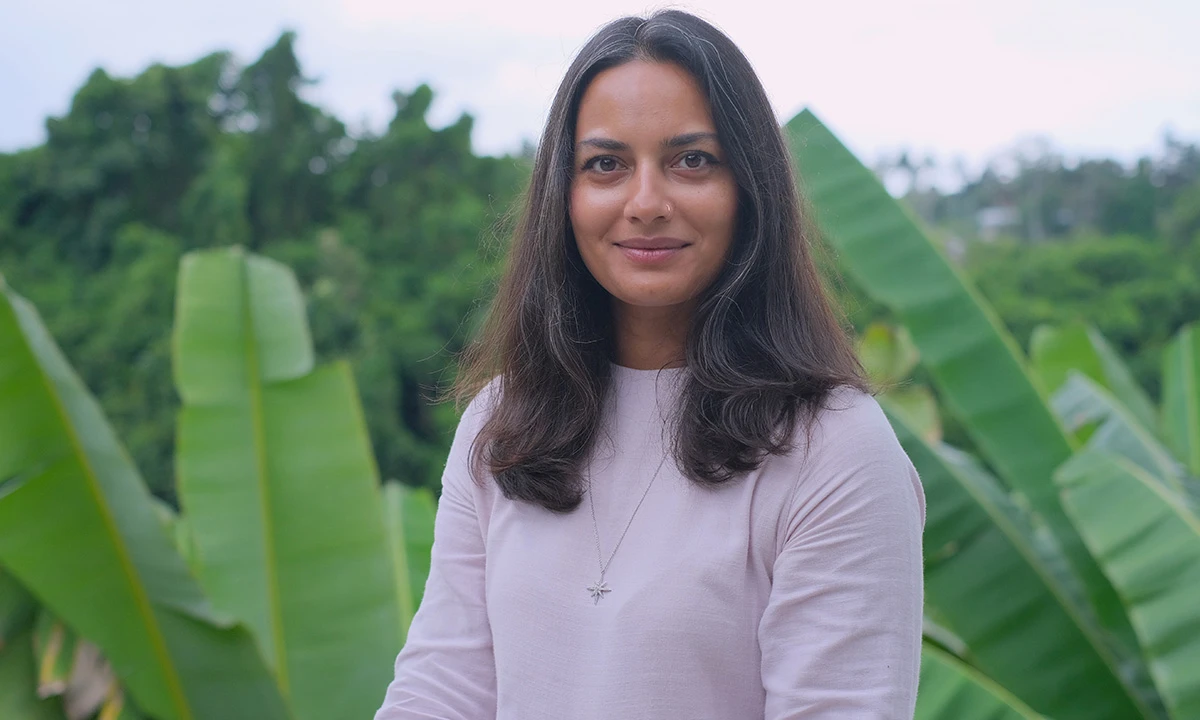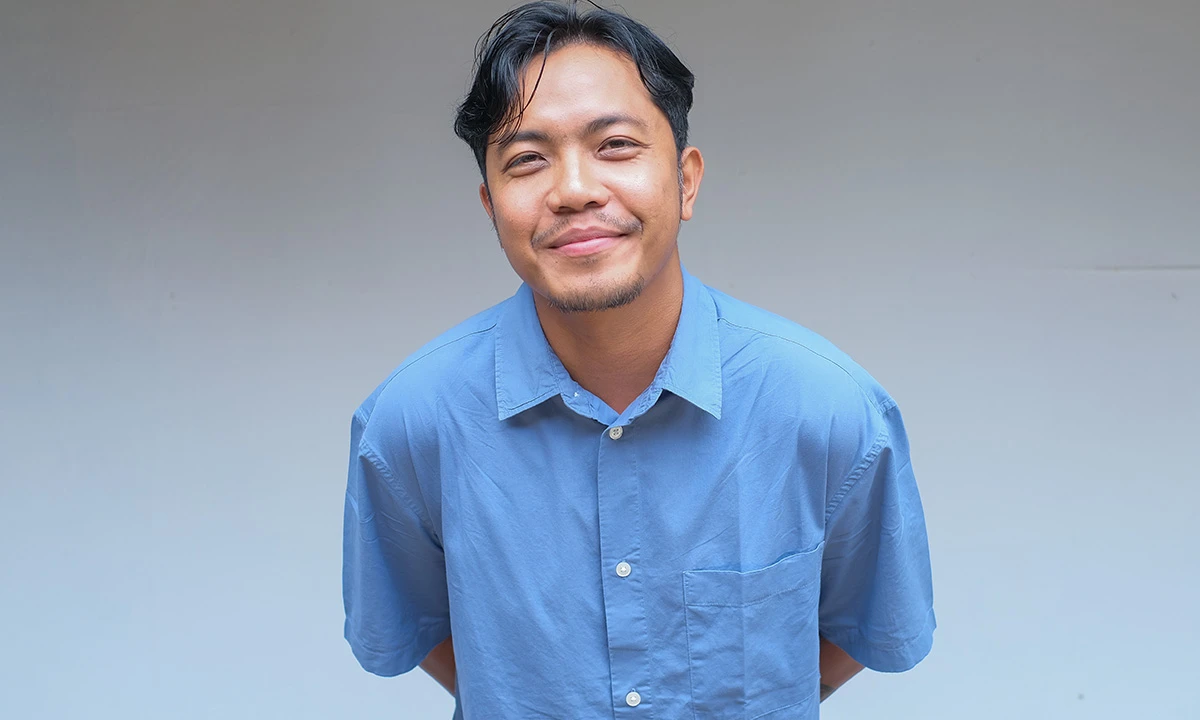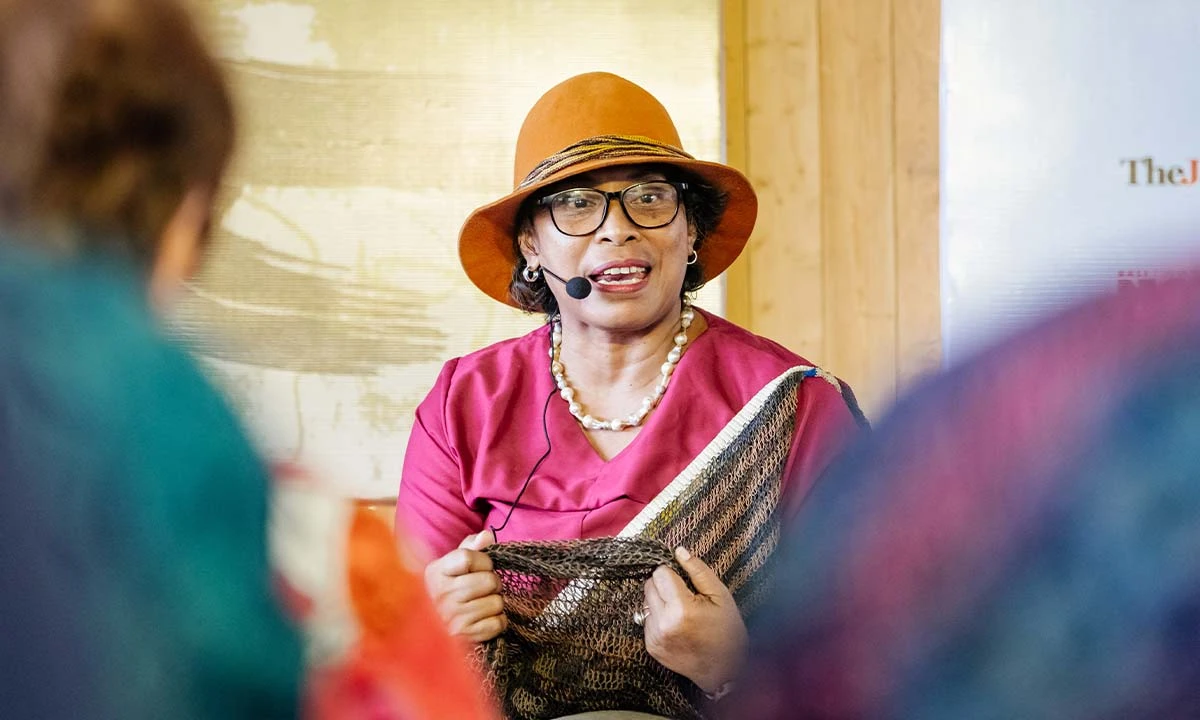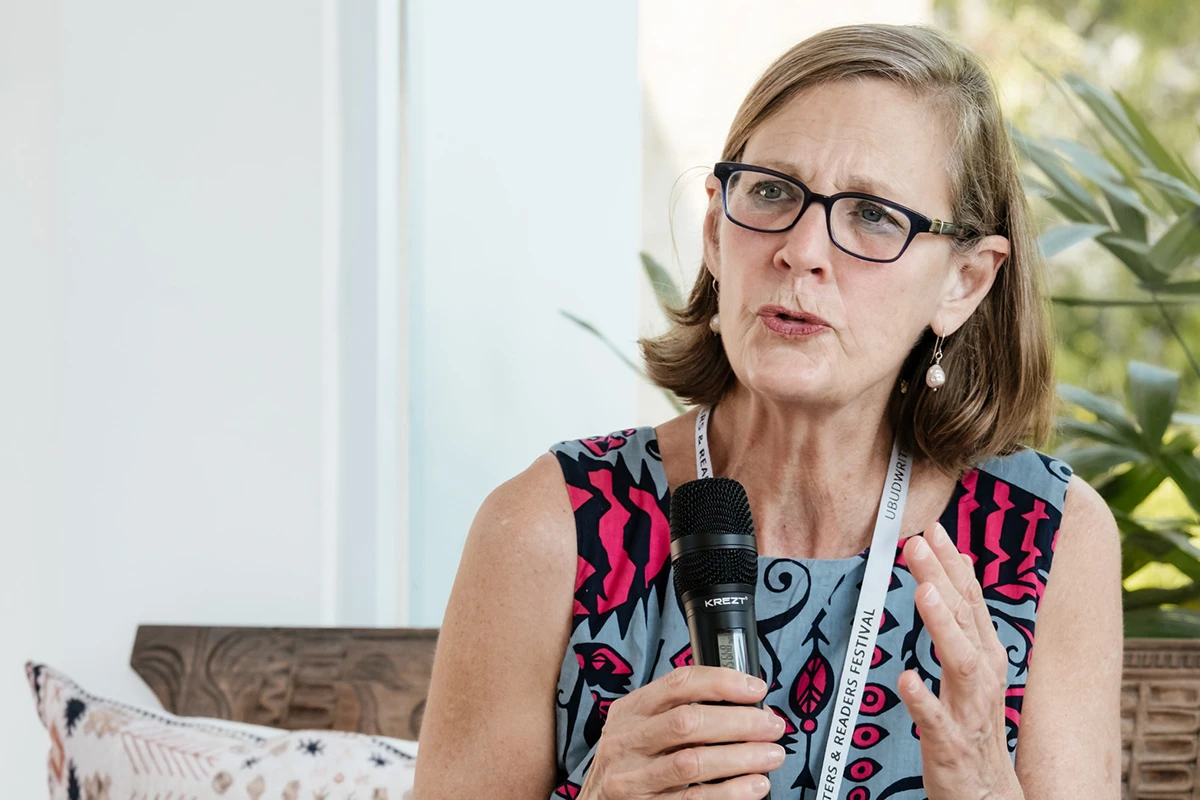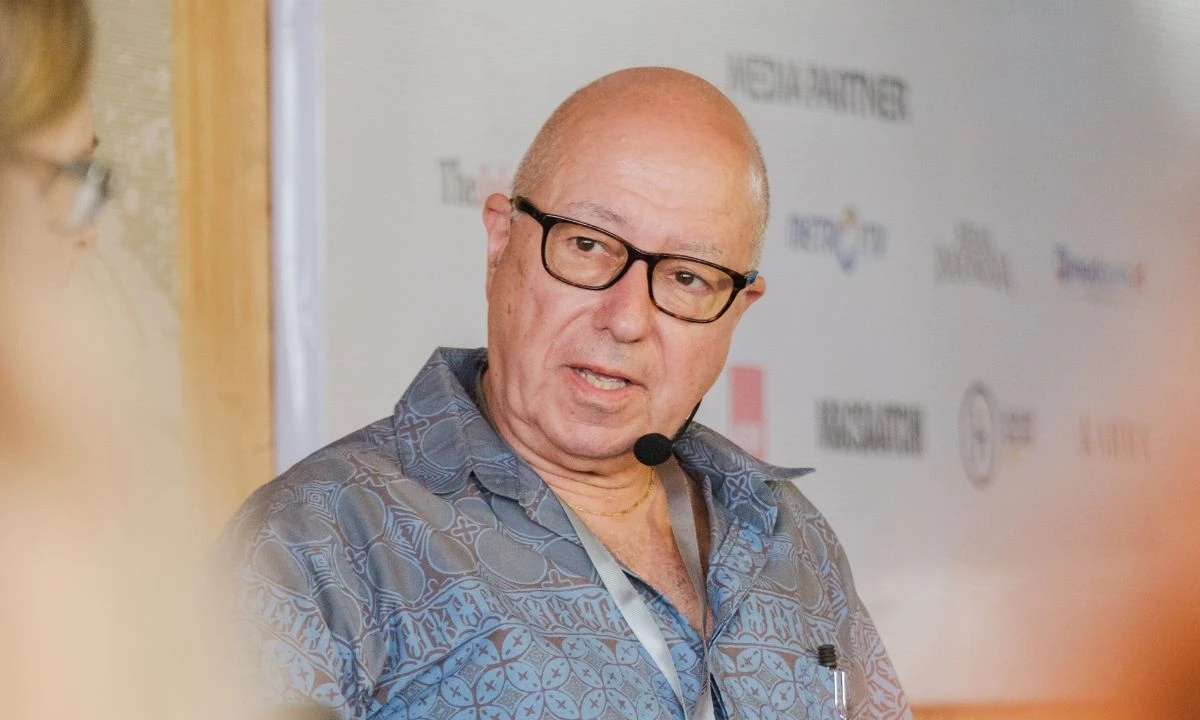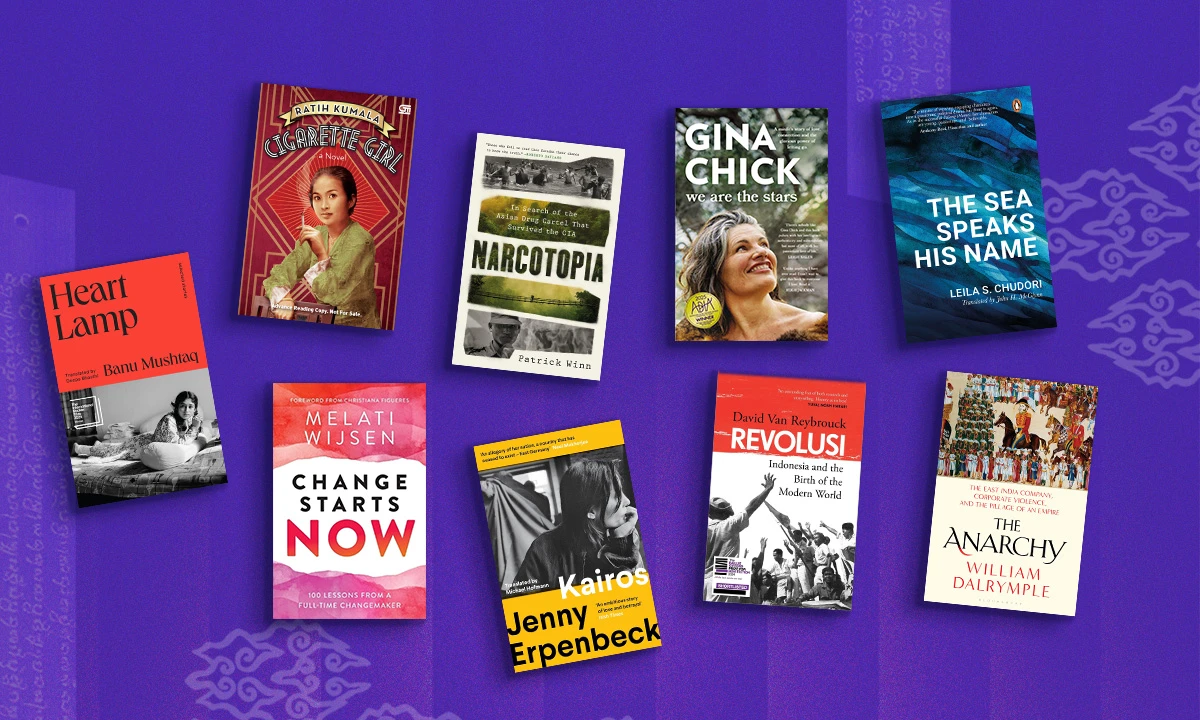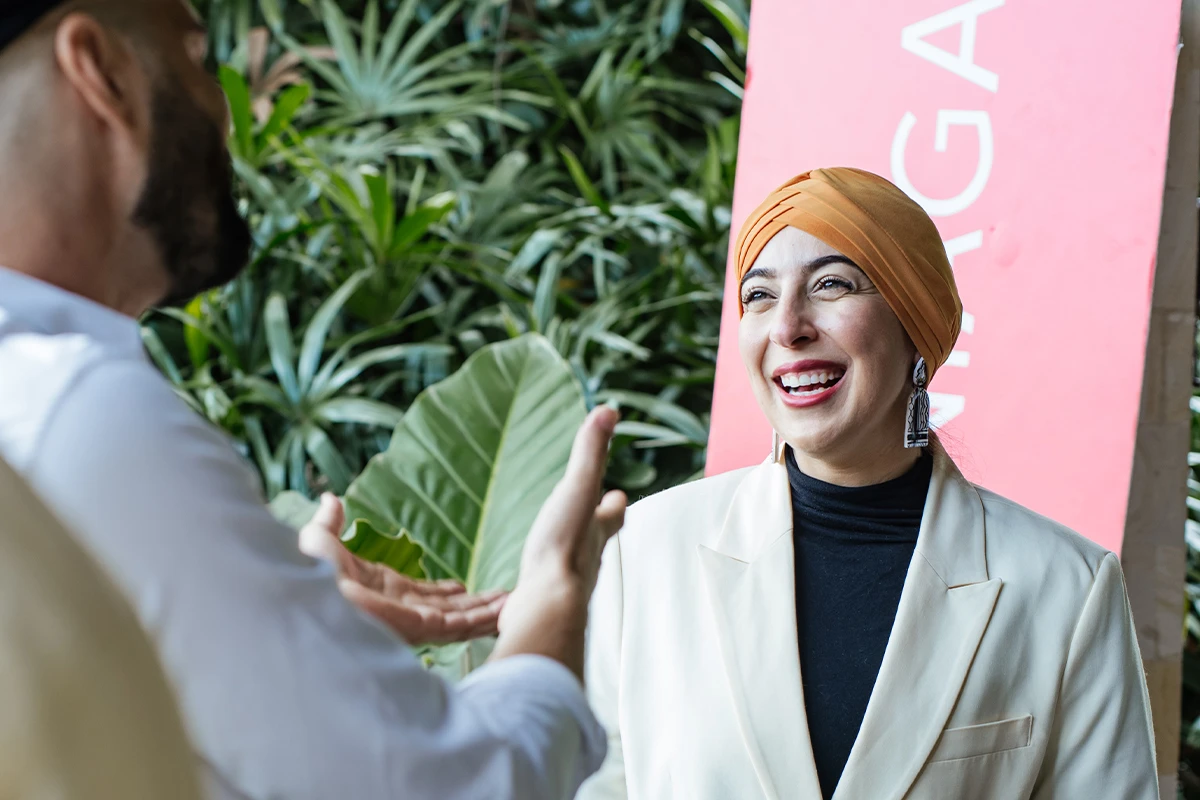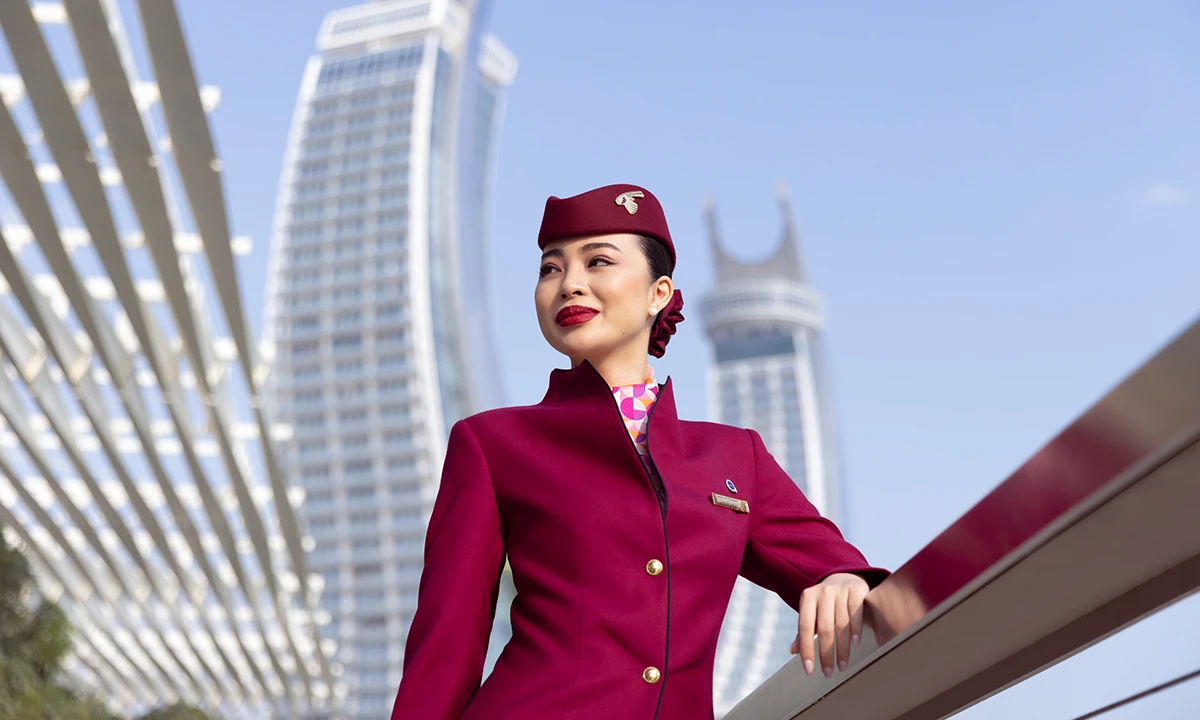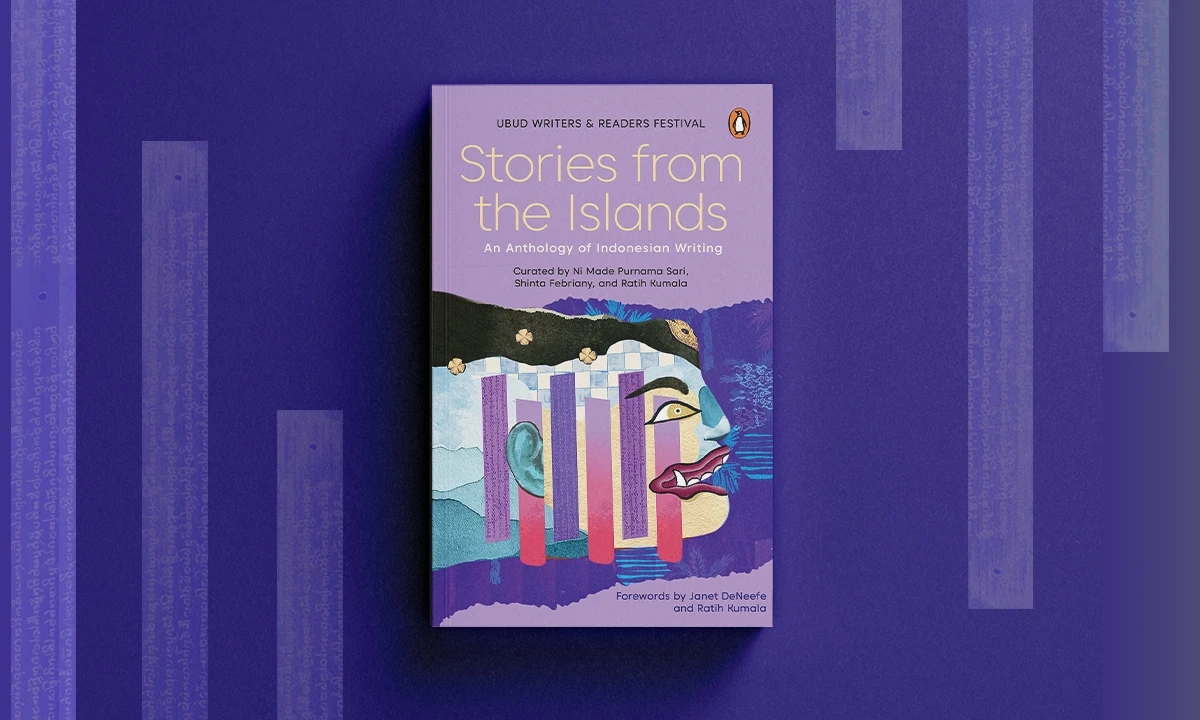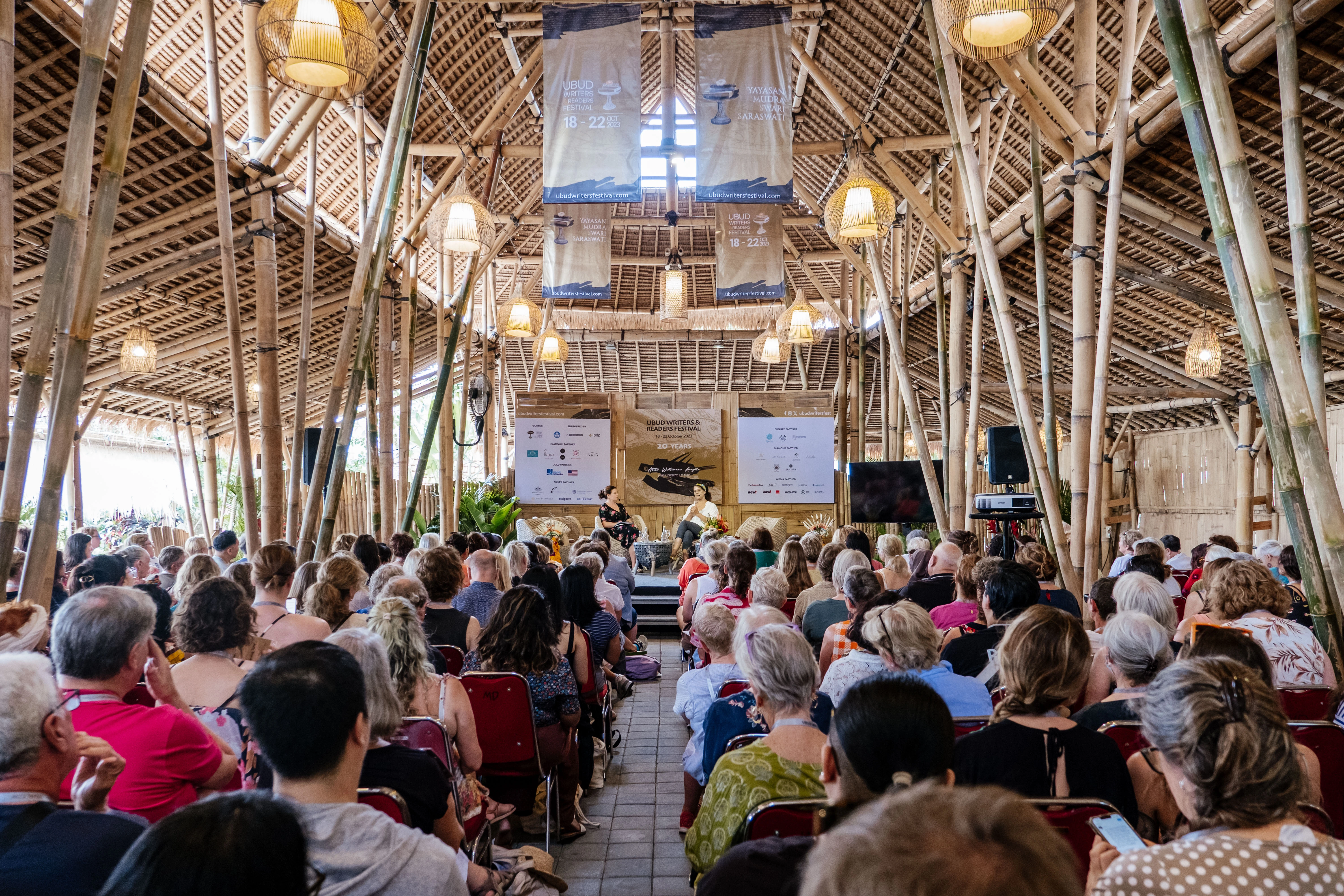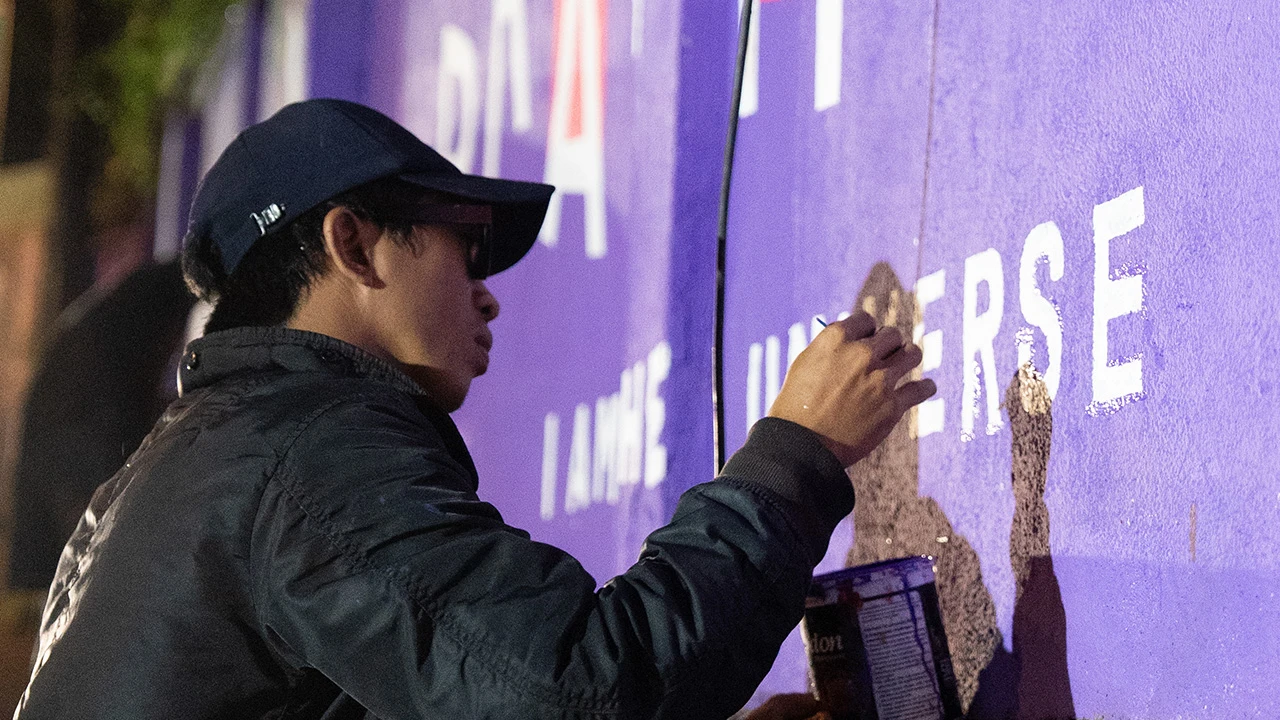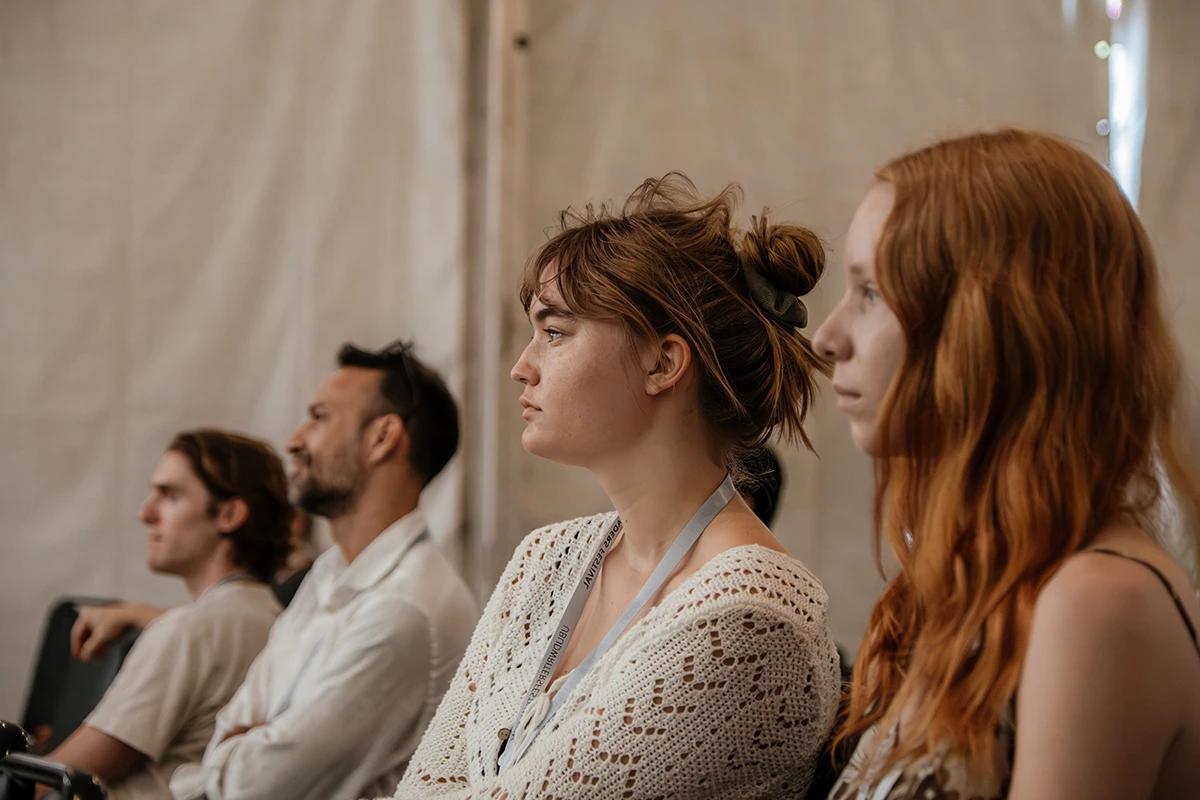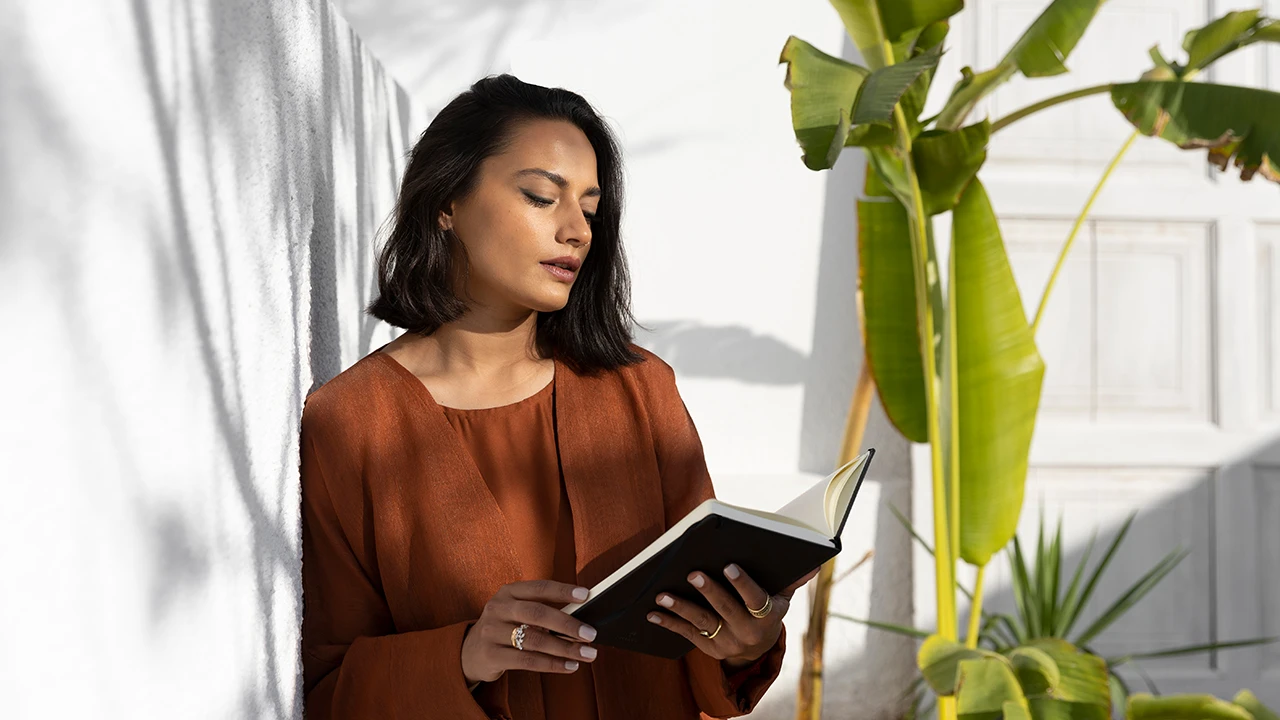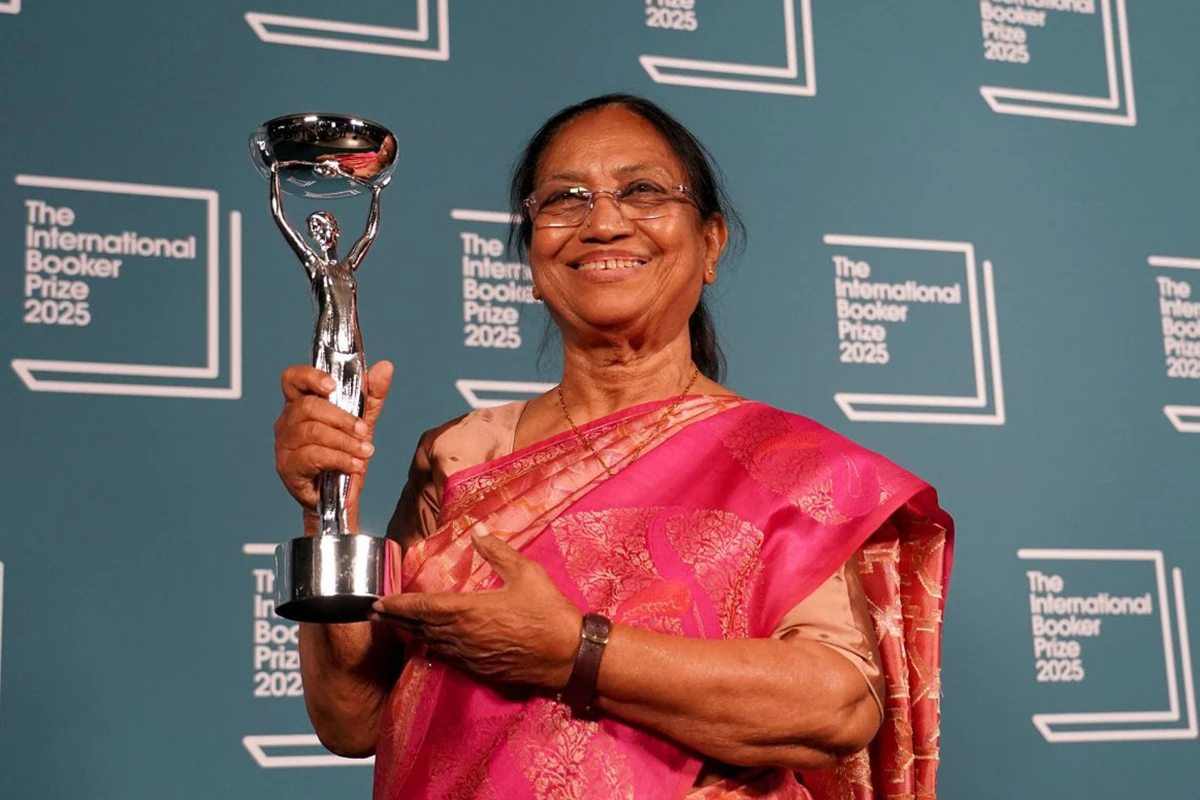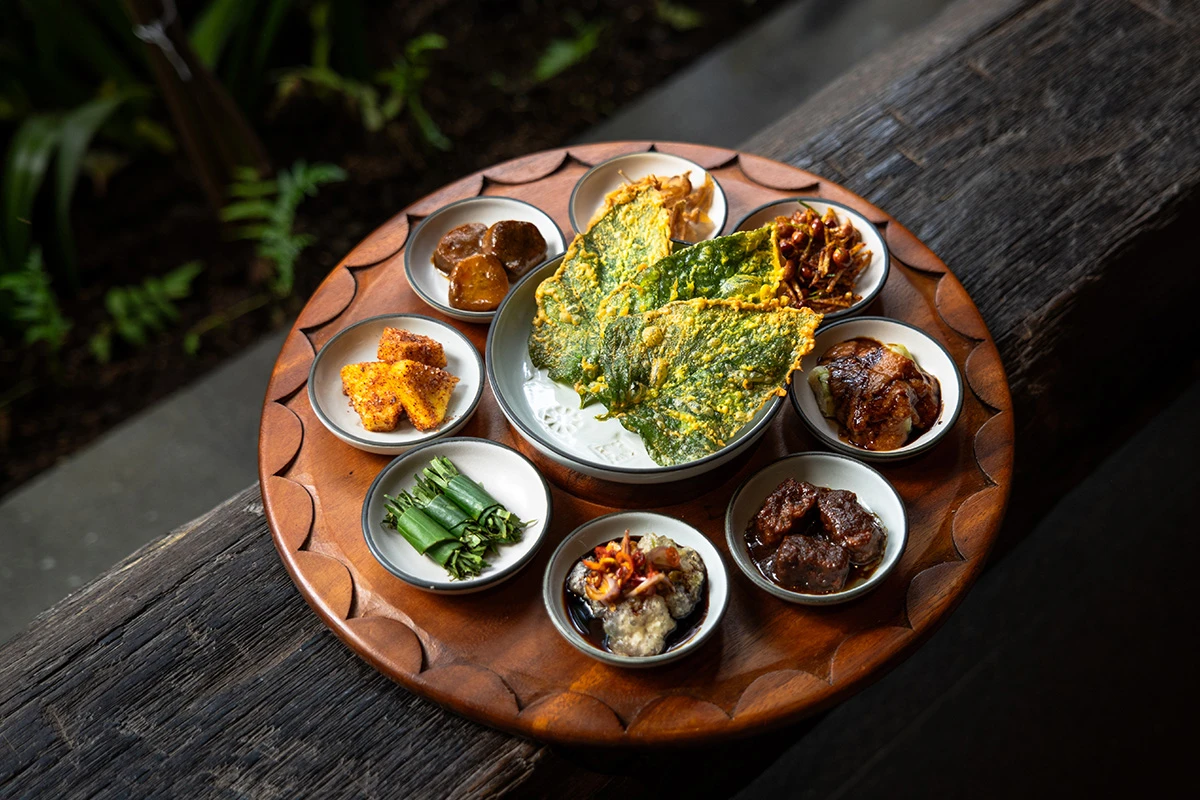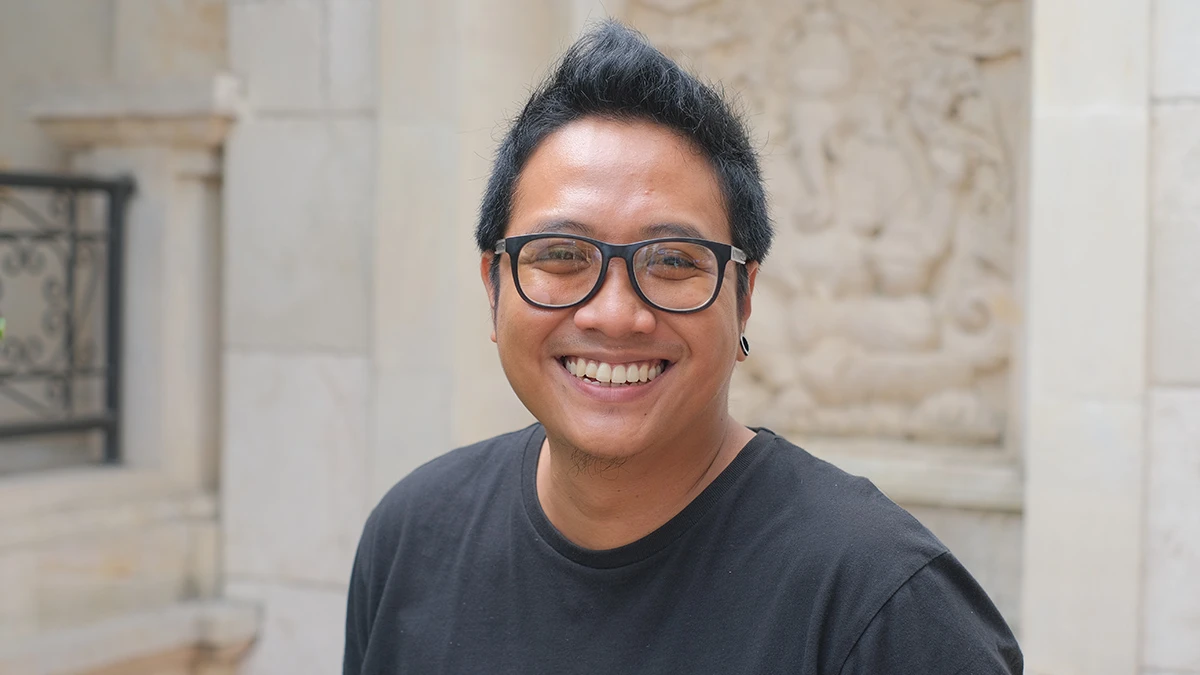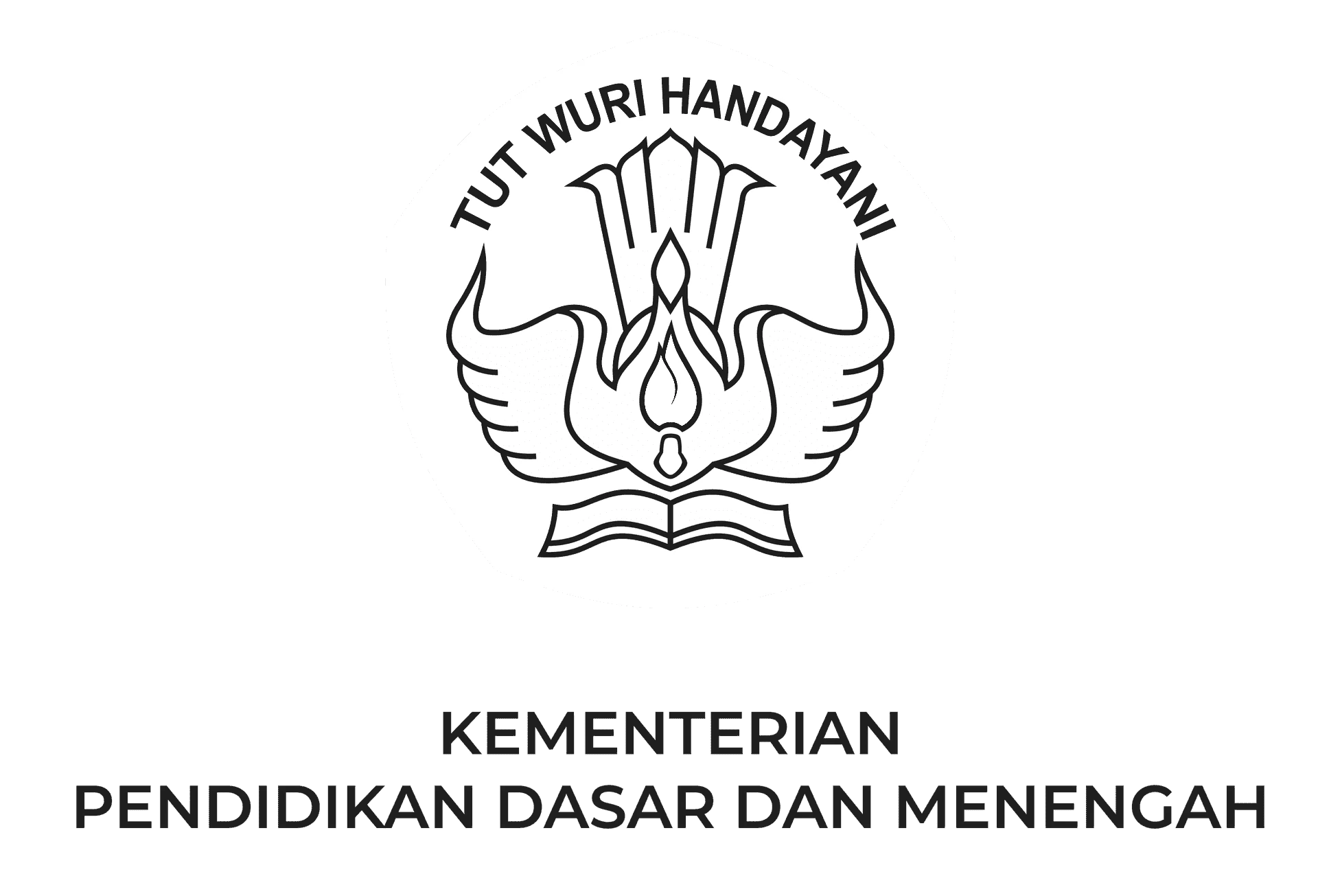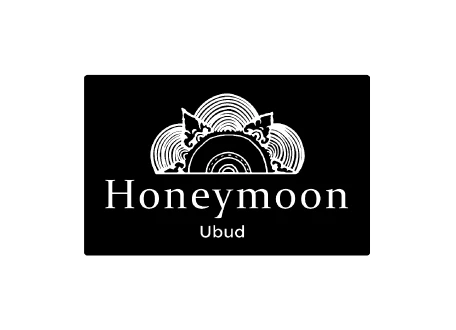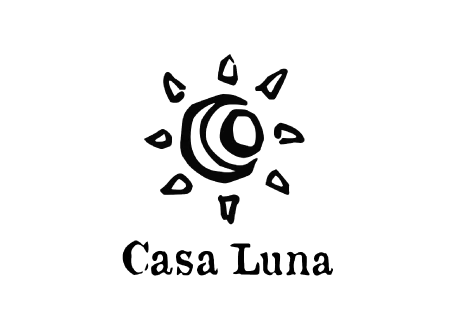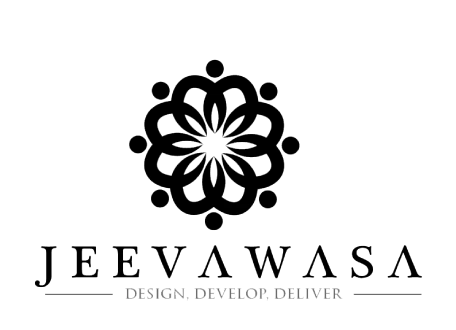We are so excited to reveal our next Q&A from our series of meet-the-moderators, who have been gracing our stages since our humble beginnings and will be returning once again this year.
Meet Jewel Topsfield, who has been moderating some unforgettable conversations with international headliners over the years. Jewel is a former Indonesia correspondent for The Age and The Sydney Morning Herald, now living and working in Jakarta. She has won multiple awards over her 30-year career in journalism, including a Walkley Award and the Lowy Institute Media Award.
Get to know Jewel as we discuss what to expect from her upcoming sessions, her reading, and the events she’s most looking forward to at this year’s Festival.
You have been coming to the Festival for years now as a regular moderator. What makes you want to come back?
The Festival is one of my favourite times of the year. I always leave feeling challenged and inspired, with an enormous pile of books (real books, with paper you can rub between your fingers!) for my bedside table. I live in Jakarta and love the access the Festival gives me to some of Indonesia’s best writers and thinkers. Last year I got to meet fearless writer Ayu Utami, whose novel Saman became a cultural sensation, and Dewi Lestari, whose wildly popular Supernova series blends philosophy, science and religion. The Festival has turned me into the ultimate name-dropping dinner party bore!
You will be leading a panel that explores the love that lives within times of conflict, delving into the realities of love and terror’s coexistence in fiction. In your view, can fiction serve as a counter to fear, and is there a book of yours that illustrates this?
This is such an interesting question. (The classic response panellists give to buy themselves thinking time!) I think fiction, and non-fiction for that matter, can articulate our fears and show that hope, humanity and laughter can still exist within darkness. I have just finished the beautiful novel The Anthropologists by Ayşegül Savaş, who is on the Love in a Time of Conflict panel. The novel is a meditation on loneliness. Its protagonists are slightly adrift in a foreign country and feel guilty about living so far from their families. They overcome their fear of being lonely, misunderstood and invisible by observing the daily routines of visitors to a suburban park and creating their own community and meaningful rituals. It finishes on such a gentle note of hope: “What are some of the things we love? Manu asked. We love breakfast, I said. And we love pastries, Manu said. Tereza, I added. Beers with Ravi. And lazing about. Having nothing to do on a weekend. Detective mysteries. Sitting in the sun. That’s a good life, Manu said.”

